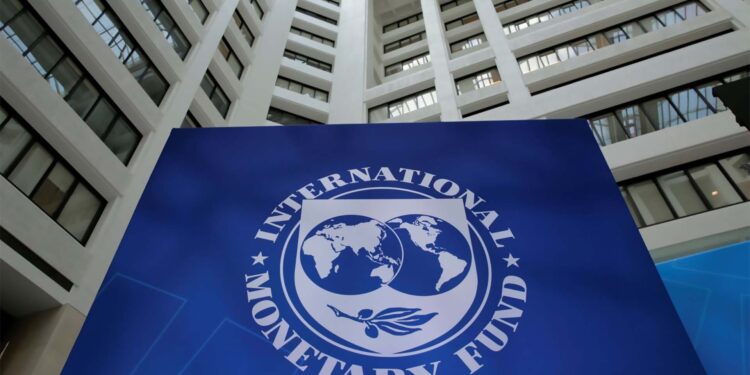The International Monetary Fund (IMF) has advised the Government of Ghana to exercise caution and adopt a strategic approach in implementing its current market intervention program aimed at stabilizing the local currency.
According to the IMF, while supporting the market with foreign exchange is important, excessive interference could have unintended consequences on the broader economy.
Director of the IMF’s African Department, Abebe Aemro Selassie, made this call when he addressed journalists in Washington, D.C., during the ongoing IMF-World Bank Annual Meetings.
“Uncontrolled depreciation brought a lot of challenges in the past, and that was related to the fundamentals of the economy where debt issues were just surfacing and playing out,” Mr. Selassie said. “It’s generally good to see stabilization returning to Ghana’s economy, inflation beginning to decelerate, and confidence allowing the cedi to stabilize and even begin to appreciate.”
He, however, cautioned that while a stronger cedi may reflect improved market confidence, it could also affect the country’s export competitiveness if not properly managed.
“An excessively appreciated exchange rate can have a bearing on competitiveness. Too much interference in the market can also cause problems, especially in relatively shallow capital and foreign exchange markets,” he warned.
Mr. Selassie commended Ghanaian policymakers for their efforts to restore macroeconomic stability but stressed the need to maintain balance between supporting the currency and sustaining growth.
The IMF has been working closely with Ghana under a $3 billion Extended Credit Facility program, which aims to help the country restore debt sustainability, stabilize the economy, and promote inclusive growth.
Read More Stories @ ATLFMNEWS.COM

























